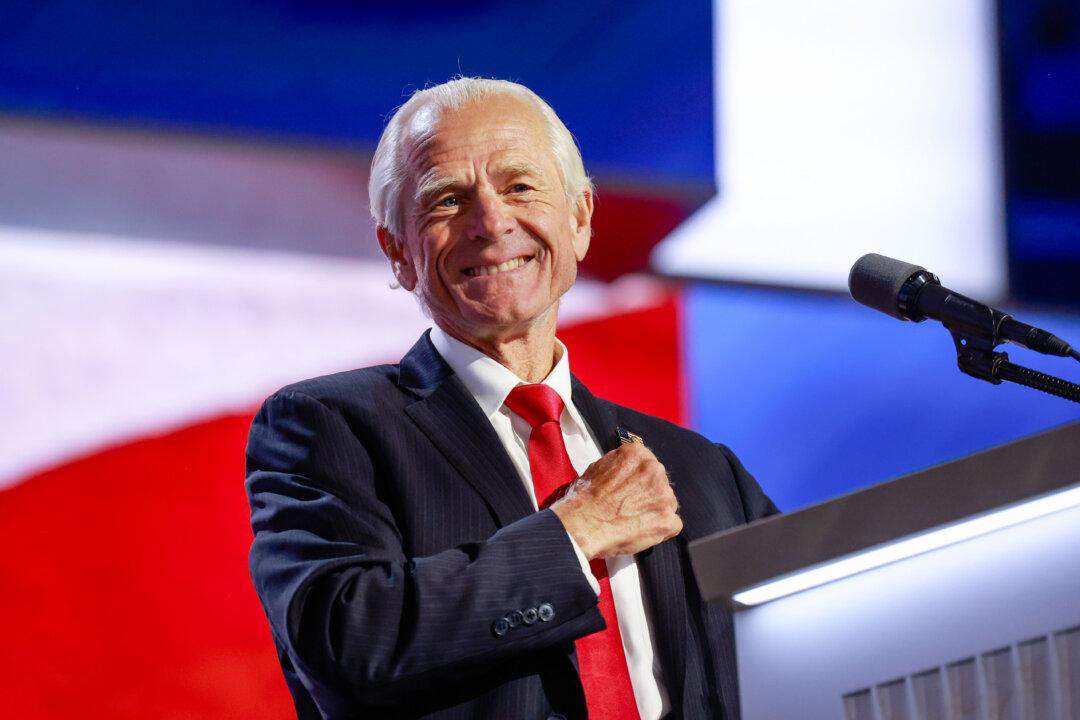A day after Australian Prime Minister Anthony Albanese spoke with U.S. President Donald Trump, hoping to secure an exemption on steel and aluminium tariffs, a senior White House adviser poured cold water on the idea.
Trump’s senior trade and manufacturing advisor, Peter Navarro, dismissed the possibility of an exemption, accusing Australia of harming the U.S. aluminium market.





